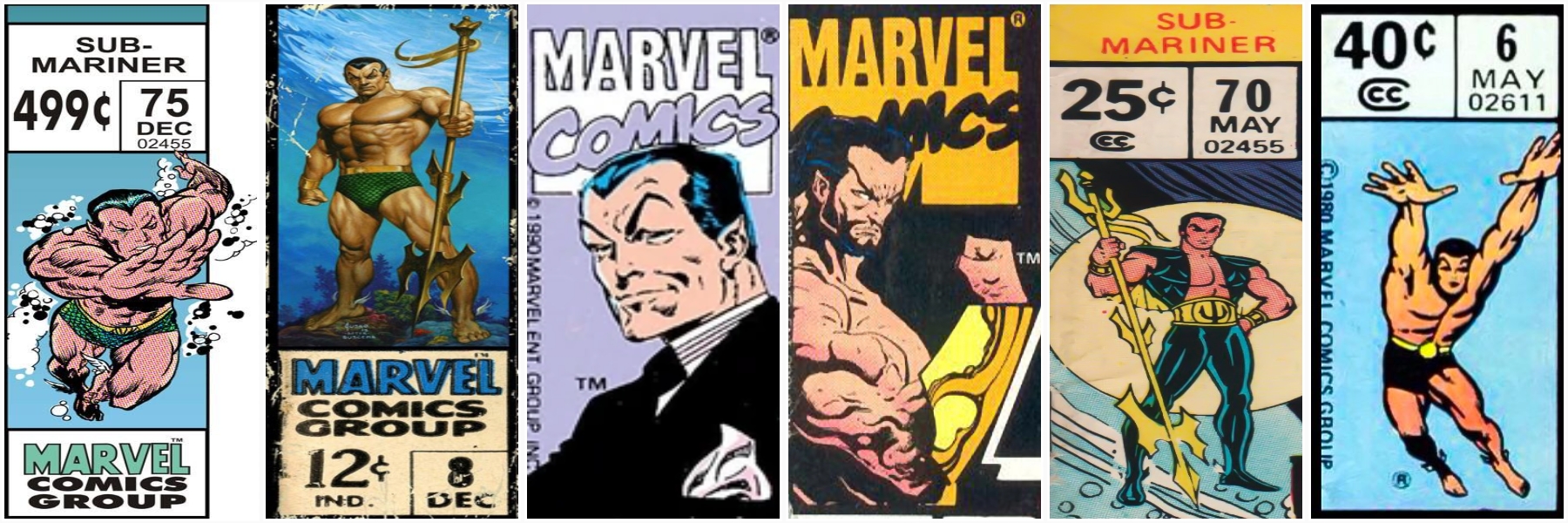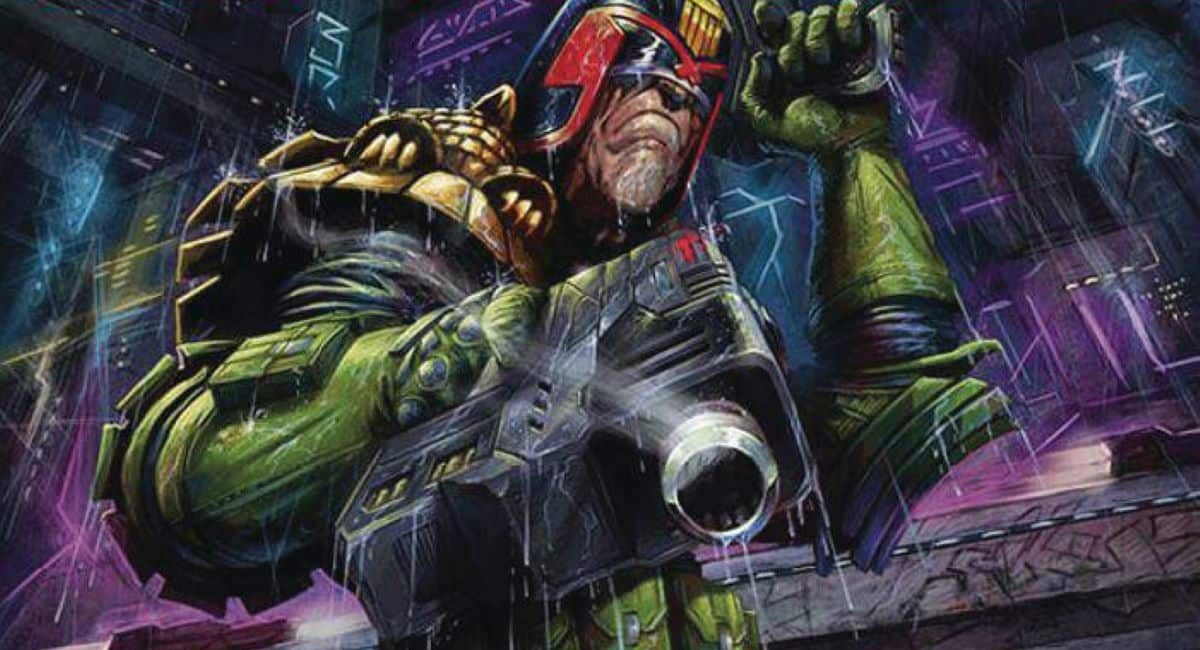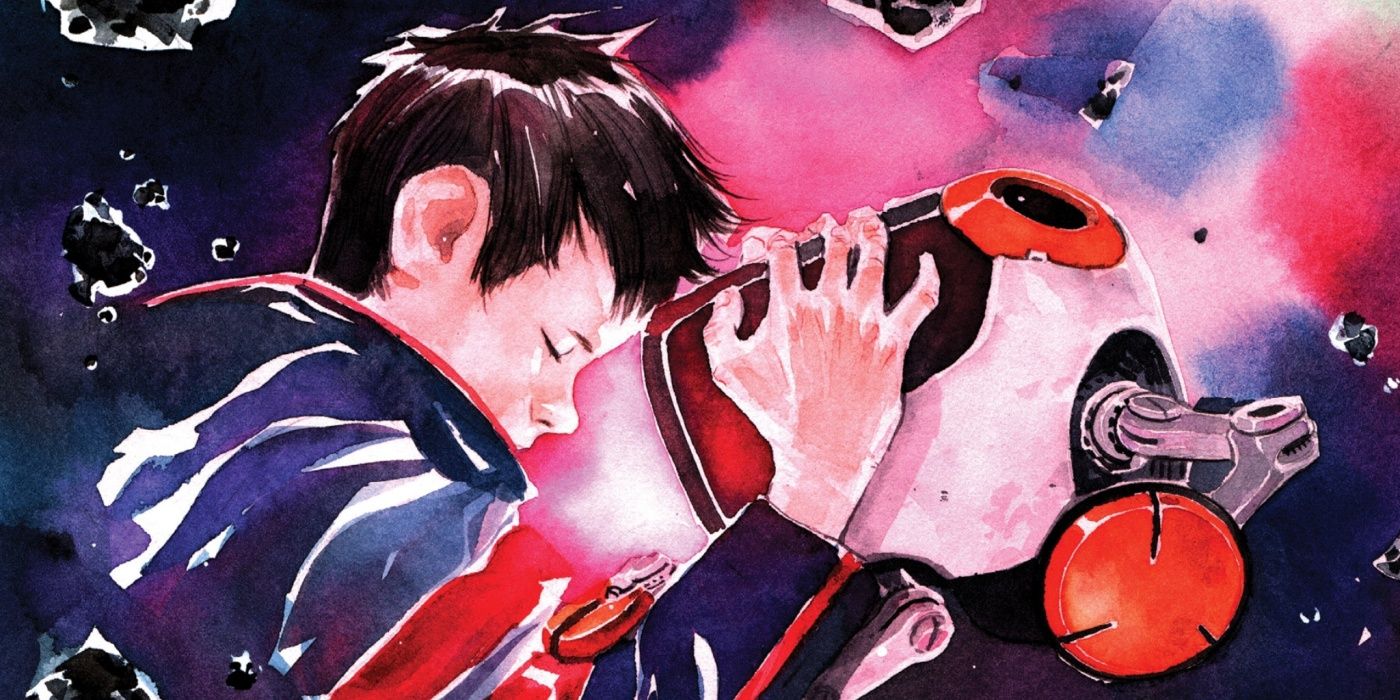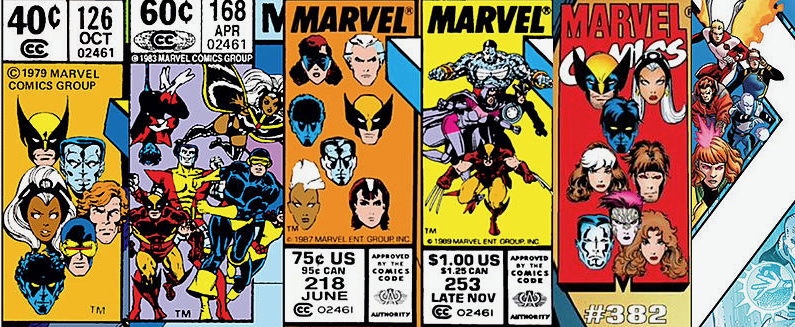
The gambling industry has always led innovative developments with Vegas slot machines in the past until the online poker rooms emerged in the 2000s. Blockchain technology is currently taking the gambling sector into a futuristic landscape which twenty years ago existed only in novels like Neuromancer and Snow Crash.
Electronic wagering activities along with NFTs and AI-powered systems will completely shift betting and gamification and property ownership by 2025. This revolution is redefining trust, ownership, and justice in ways that would make William Gibson raise an eyebrow, and here’s how it’s happening right now.
The Rise of Decentralized Gaming Economies
As a matter of fact, blockchain technologies use decentralization as its core element to deliver a revolution in how people understand digital betting. The decentralization trend has freed players from authority dependence so they can act as key members in thriving autonomous digital networks.
True ownership through blockchain
Players in standard online casinos obtain their chips and virtual items only through rental agreements. The blockchain technology allows users to obtain digital ownership rights through NFTs. Post-apocalyptic slot game winners can obtain the rare laser-blade weapon through NFT ownership after their victory.
Both Decentraland and The Sandbox provide their users with opportunities for NFT trading that extends between games while enabling real-world monetary value through their secondary marketplaces. The game economy resembles the “player-owned economics” found in science fiction universes like Ready Player One that make virtual possessions valuable assets.
DAOs: Players become stakeholders
Through DAOs gamers are now receiving ownership rights and becoming stakeholders. Gaming DAO members who hold governance tokens gain voting rights to influence changes in game features as well as rewards and storytelling directions in interactive casinos. For instance, the dystopian horse-racing game Zed Run lets players breed and trade digital racehorses as NFTs, with DAO proposals shaping breeding rules and race mechanics. The governance structure of sharing power reflects the user-driven digital communities described in The Diamond Age.
Smart Contracts and Provably Fair Systems
The fundamental power of blockchain in gambling comes from smart contracts which are self-enforcing agreements whose terms automatically exist within programming code. The new technology provides extraordinary oversight and equitable playing conditions to an industry known for its trust-related challenges.
No more “Trust us” guarantees
Blockchain smart contracts combine game management functions with automatic payment distribution which removes the requirement to conduct audits by third parties. When you hit a jackpot on a blockchain slot machine, a smart contract instantly verifies the win and sends crypto to your wallet—no waiting for manual approvals.
Platforms like BC.Game and Rollbit use this tech to offer “provably fair” games, where players can independently verify each spin’s randomness.The system operates like an autonomous computing agent which functions like the Blade Runner-style dealers known for their neon-lit environments.
Traditional Casinos | Blockchain Casinos |
Outcomes verified by auditors | Outcomes verified by code |
Days-long withdrawals | Instant crypto payouts |
Centralized control | Player-governed DAOs |
NFTs and the Metaverse: Gambling in Virtual Worlds
The rising interest in metaverse technology naturally leads toward its integration with gambling activities. Users can now access distinctive NFT-powered experiences in virtual worlds thanks to their integration with these environments that create extensive opportunities between gaming and betting.
From avatars to high-stakes heists
Gambling has emerged as one of the core activities that happens within the metaverse space together with concerts and virtual real estate ownership. For instance, the virtual reality experience of ICE Poker enables players to engage in poker action using NFT accessories which grant access to premium gaming areas within Decentraland.
These digital accessories provide dual functions by functioning as exclusivity tokens that also prevent children from entering high-stakes gaming areas. It’s a step toward the holographic casinos of Star Trek: Deep Space Nine, where Quark’s Bar blends socializing and betting.
Play-to-earn: Gambling as a side hustle
Blockchain is preparing to extend opportunities beyond normal casino winnings in its play to earn (P2E) models. Again in P2E systems, the users can earn cryptocurrency and other digital assets in the gameplay. Parallel TCG is an example, as it enables users to earn bitcoin when winning a match, entering tournaments, and renting NFT cards. Next, these models pave new revenue streams for the players to generate earnings from their gaming activities.
If players are seeking trusted gambling websites offering games with P2E and crypto, BestCasinoBitcoin can make this known to them. They review and give us insights into the best crypto casinos to join. Also, for example, P2E mechanics are being incorporated into classic casino games in order to reward, and blur the boundary between the two, in a decentralized way.
Challenges on the Horizon
However, there are some challenges that come with the future of blockchain gambling. Like any transformative technology, decentralized, immersive gambling is a case of taking the sci-fi version of the product into the real world and figuring out how to make it work.
Regulatory quagmires
That is the main reason that regulatory concerns arise regarding banning anonymization in blockchain, which undermines the ability to launder funds and age restrictions during gambling activities. New EU Markets in Crypto-Assets (MiCA) regulation forces NFT based casinos to carry out KYC checks and denies the core privacy benefits that crypto gambling has traditionally provided.
Energy costs and scaling limits
Proof-of-work blockchains like Bitcoin consume vast energy—a conflict for eco-conscious players. Ethereum’s shift to proof-of-stake cut its energy use by 99%, but newer metaverse platforms still face scaling issues during peak traffic. Until layer-2 solutions mature, seamless VR gambling in sprawling digital worlds like Snow Crash’s Metaverse remains a work in progress.
Conclusion
The sci-fi future of gambling isn’t a distant dream—it’s unfolding now. Blockchain’s blend of transparency, ownership, and automation is dismantling the “house always wins” dogma, empowering players to shape the games they love. While regulatory and technical challenges persist, the trajectory is clear: decentralized casinos will dominate the next decade, offering immersive experiences that rival the holodecks of Star Trek. As AI, VR, and Web3 converge, the line between game and reality will blur further, inviting us all to ante up in a world where every bet is a stake in the future.



















 English (US) ·
English (US) ·